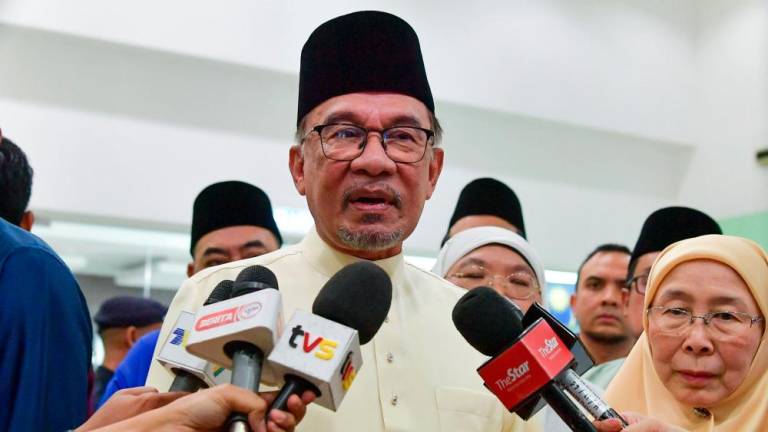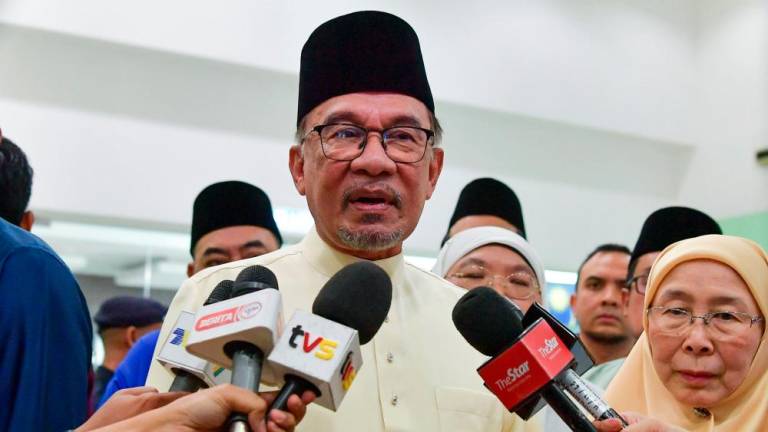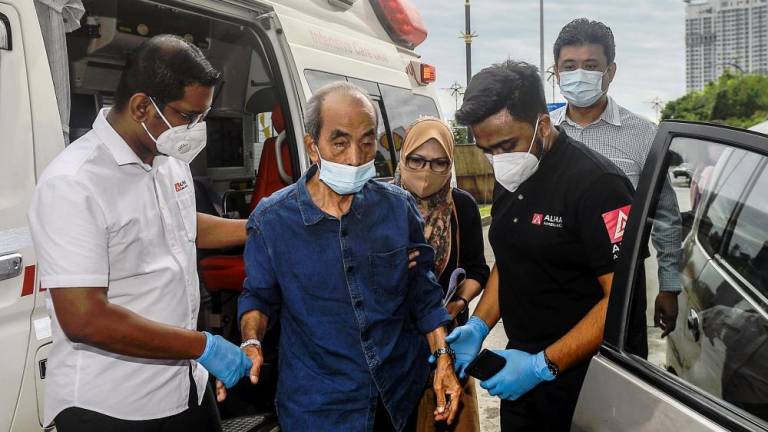PETALING JAYA: While the United Nations declared in 2011 that internet accessibility is a basic need that every person should be entitled to, yet many are still unable to access the digital world.
However, a local telecommunications services provider is committed to respecting human rights as set out in the United Nations (UN) Guiding Principles by focusing on three guiding principles — integrity, basic needs and civil liberties.
Head Of Sustainability at Digi Philip Ling said they have constantly been striving to uphold the idea of human rights among their staff and also customers.
“Our journey to uphold human rights started in 2012. We respect the rights and safety of our workers and our supply chains by ensuring that no form of abuse is present and our workers and suppliers have a decent working environment that contributes to their overall well-being,
“With regards to customers, we always make sure our customers receive the privacy and security they deserve. In addition, we also focus on underprivileged and marginalised societies and strive to make sure they are just as connected as the rest of us are,” he told theSun.
Ling added that at Digi diversity is also held on to with high regard.
“Digi’s code of conduct prevents discrimination of any kind for example in regards to race, gender identity or expression, religion, nationality, marital status, age, and disability among others, hence promoting the idea of diversity among our customers and staff. We believe in upholding diversity because we need to have an accurate representation of our customer base and also every staff can inspire the next person,” he said.
In addition, he mentioned that diversity is the backbone for any company as it is the strength of that company.
“We are a melting pot of different races with different cultures and having a sense of diversity will help with inspiration among our staff and customers. To ensure equality is achieved, diversity is necessary,” he said.
Ling noted that when it comes to online safety, Digi supports all 17 of the sustainable development goals (SDGs) also known as the Global Goals which were adopted by all UN Member States in 2015 as a universal call to action to end poverty, protect the planet and ensure that all people enjoy peace and prosperity by 2030.
“However, we decided to choose one in particular — SDG 10 — which focuses on reducing inequality. We chose this SDG because we hope to close the internet accessibility gap that most people in Malaysia face. We also note that while access is provided, the responsibility to protect our customers also comes to view. Hence, we are constantly governing the right to privacy for our customers,” he said.
As for the rights to accessibility, Digi has launched a special package for those in the B40 community called Digi Abadi to ensure those in the low income homes have accessibility to the internet especially since times like now demand for many of us to move to online platforms.
Digi has also launched a programme that will aid in lowering the barrier of accessibility called Yellow Heart Privilege.
It is a lifetime discount to the disabled community and for those above 60.
“Besides that, we have also launched a programme called Inclusive Digital Touch Point Project that mainly focuses on those who are visually impaired. As we know, the visually impaired are the third largest disabled group in Malaysia and we decided we would do something that would benefit them. Accessibility to the internet for this group is a challenge and made improvements to our website and MyDigi app after taking their needs into consideration,
“We also provided safe internet access to children specifically through a global partnership with Unicef. We have a lot of internet centres across the country, specifically in rural areas so children there may get a chance to learn more about the internet and its wonders as well as how to be safe while surfing the net.
“We have also introduced modules on coding and programming and robotics which were initially reserved for children in urban cities but are now being introduced to those in rural areas too. These centres also have starter kits for children to have a hands on experience with practical sets so that they may take this knowledge they gain into the future someday,” he said.













